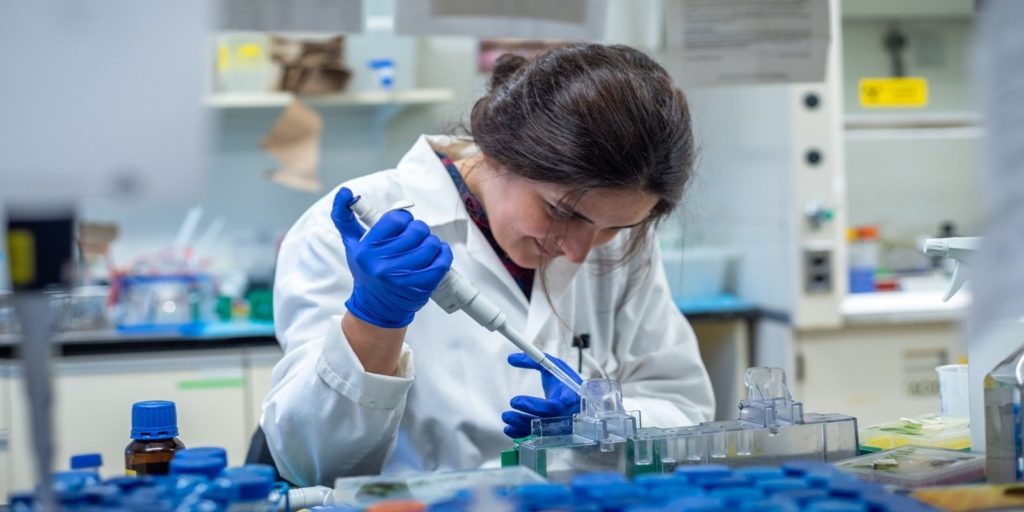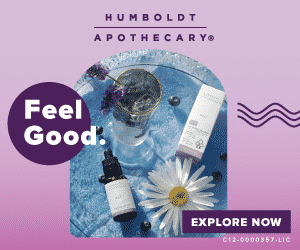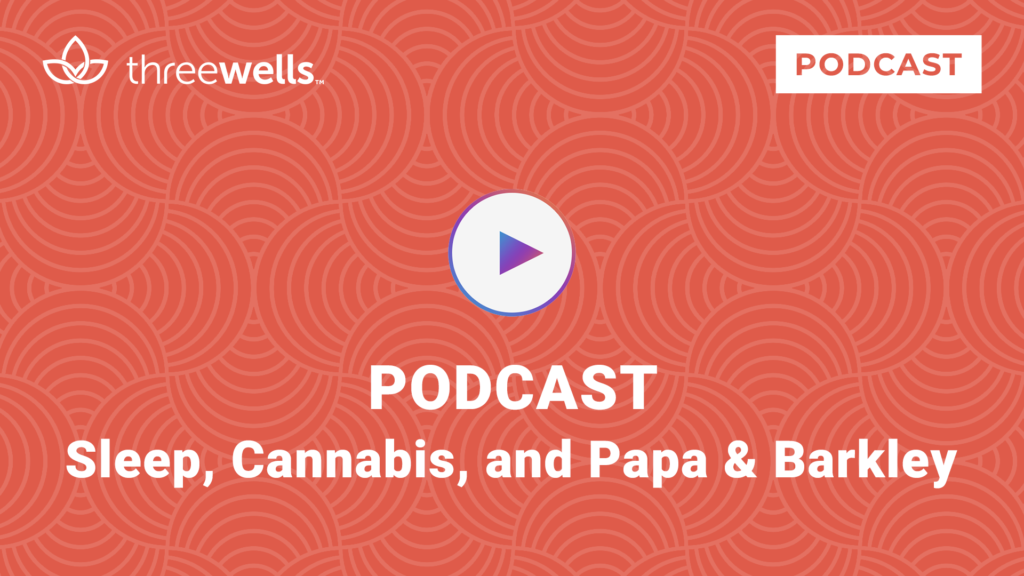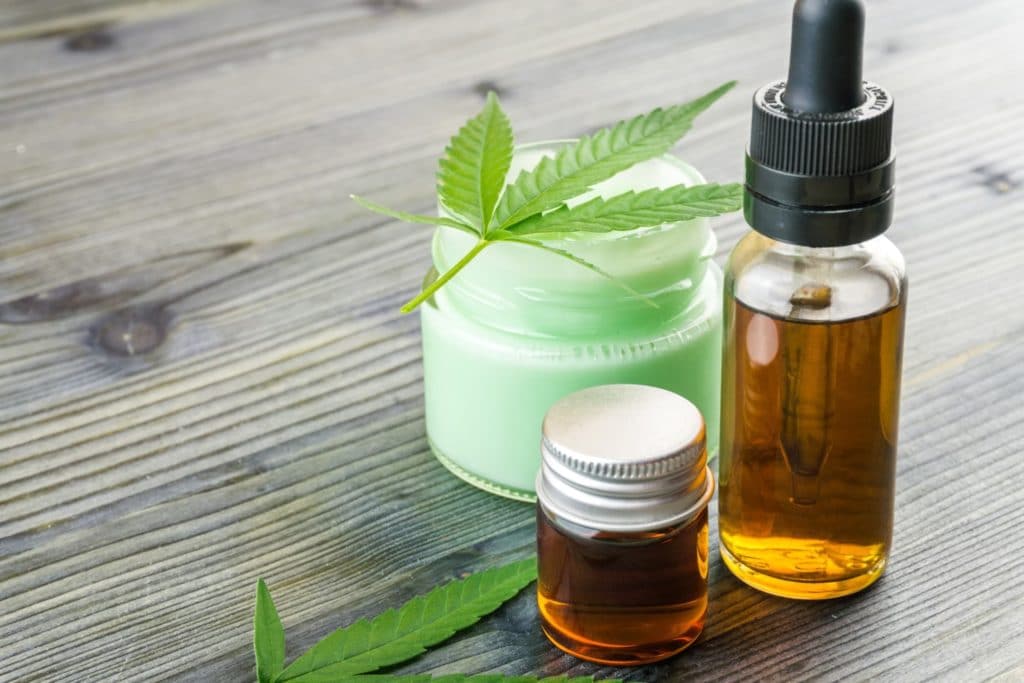Studies Reveal Inaccurate Ingredients
Read Time: 3:15 Mins.
The hemp-based CBD industry is experiencing unprecedented growth in the U.S. With the passage of the Hemp Farming Act of 2018, hemp production will dramatically increase as industrial hemp is no longer a controlled substance under the federal Controlled Substances Act. Before passage of the Act, hemp production was limited to a few states and educational institutions. Now, farmers across the nation can legally grow hemp, and this will inevitably lead to the production of more CBD products.
Formally known as Cannabidiol, CBD is in both Cannabis Sativa plants and hemp plants. The primary difference is that hemp may only contain 0.3% Tetrahydrocannabinol (THC), the psychoactive compound in traditional cannabis. CBD products derived from hemp provide many of the health benefits of cannabis but do not cause the euphoric “high” associated with it. This appeals to a wide variety of consumers seeking the anti-inflammatory, relaxation, and sleep benefits of CBD without experiencing the euphoric effects produced by THC. As a health and wellness product, CBD has enormous potential to make positive impacts for millions of people. However, for the moment, some caution is warranted to ensure consumers are getting what they paid for when purchasing an unfamiliar CBD product.
Regulations Are a Good Thing
The CBD industry is relatively new, and some people feel it may be growing too rapidly with products rushed to market. Recent data support this assessment and scientists are raising concerns about the validity of labeling accuracy and the ingredients found in some tested CBD products. A JAMA report by Marcel O. Bonn-Miller, Ph.D., University of Pennsylvania Perelman School of Medicine, is a good example. Bonn-Miller found that the selected products purchased online for analysis, “26% contained less CBD than labeled.” According to the report, the lack of CBD negated any potential health benefits. The report suggests that federal and state regulatory agencies need to increase their oversight responsibilities.
A study by Justin L. Poklis, et al. from the Department of Pharmacology & Toxicology at Virginia Commonwealth University analyzed a major CBD manufacturer’s e-liquid CBD vaping products. The analysis detected “5-fluoro MDMB-PINACA (5F-ADB) in four of the products and dextromethorphan (DXM) in one of the products…the detection of a dangerous cannabimimetic, 5F-ADB, and DXM in these products illustrates the need for oversight.” Let’s unpack the science here. For starters, 5F-ADB is a synthetic cannabinoid used “to produce euphoric and other psychoactive effects similar to that of THC.” DXM, sometimes referred to as “the poor man’s PCP, is a synthetically produced drug that is available in more than 140 over-the-counter cough and cold preparations.” The testing also revealed that melatonin was a “major constituent” in the product and CBD was actually a “minor constituent.” Melatonin is a hormone that helps us sleep and many alternative sleep-aid products use it. The report further stated that the “website where these e-liquids were purchased stated that these products were 100% natural CBD extracts and provided no indication that these products contained any other active substances.” The company allegedly changed its formulation following the test results. However, this major manufacturer’s actions are a detriment to the emerging industry. It regrettably cast a shadow over authentic, reputable companies that are producing high-quality CBD products.
A scientific article by Hazekamp Herbal Consulting recognizes that “specific analytical methodology must be developed to properly determine the cannabinoid composition of the many CBD products available.” Its analysis of certain products found that their content “strongly differed from the claimed content on the label, while in 7 samples no cannabinoids (CBD or THC) were found at all.” In the end, companies creating inferior products will be exposed. Fortunately, they do not represent the industry as a whole and over time, testing, regulations, and consumer preferences will weed them out.
Trust the Source
Genuine CBD products made by reputable, mission-driven companies provide a plethora of health benefits for millions of people. This nascent industry will continue to grow as more people try CBD products to help with pain, inflammation, relaxation, and improve sleep. The CBD professional community will hopefully develop their own code of conduct to root out the proverbial “bad apples,” and better protect those companies seeking to improve people’s lives. Research, regulatory enforcement, and testing procedures will mature as well. In the meantime, do your research and learn about the company whose products you’re interested in purchasing. Do they grow their own hemp or have a close relationship with the farmer? Does the company provide transparent information about the extraction and production processes it utilizes? When you’re satisfied with the results, you’ll be on your way to better health and feel good about it.
Are you currently using CBD products? Are they helping you, and how do you feel about this article? Please share your comments and thoughts on our social channels. We want to hear from you!
Karl Phillips is a writer who covers the cannabis industry.




